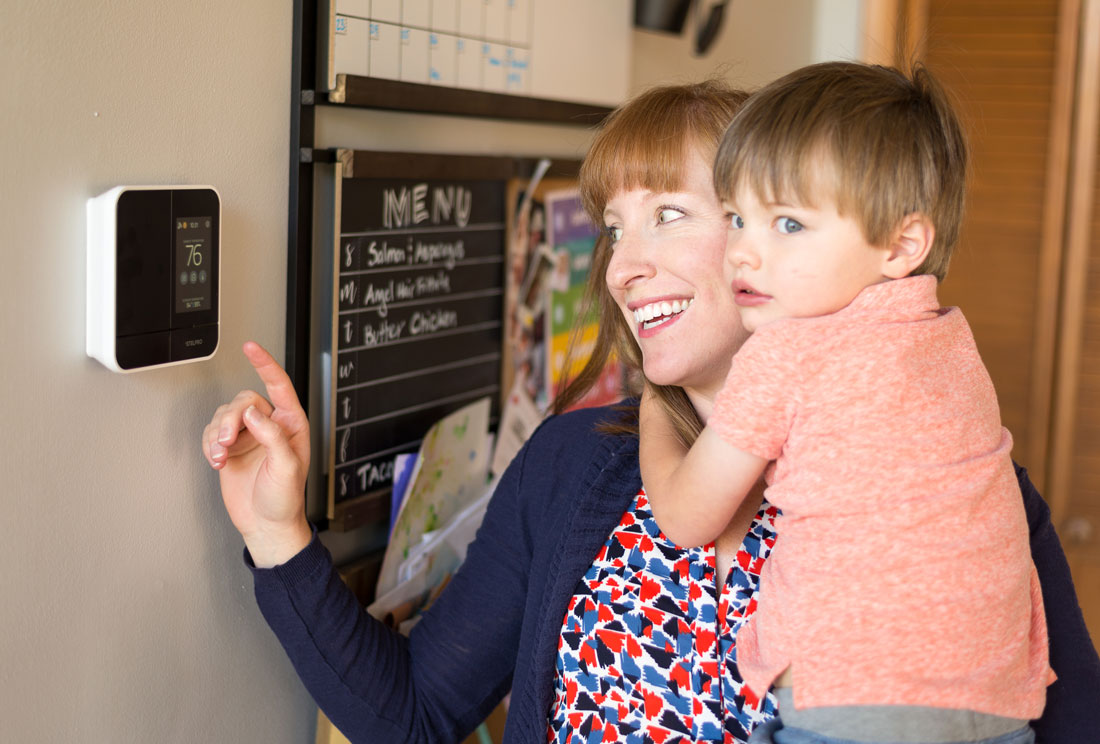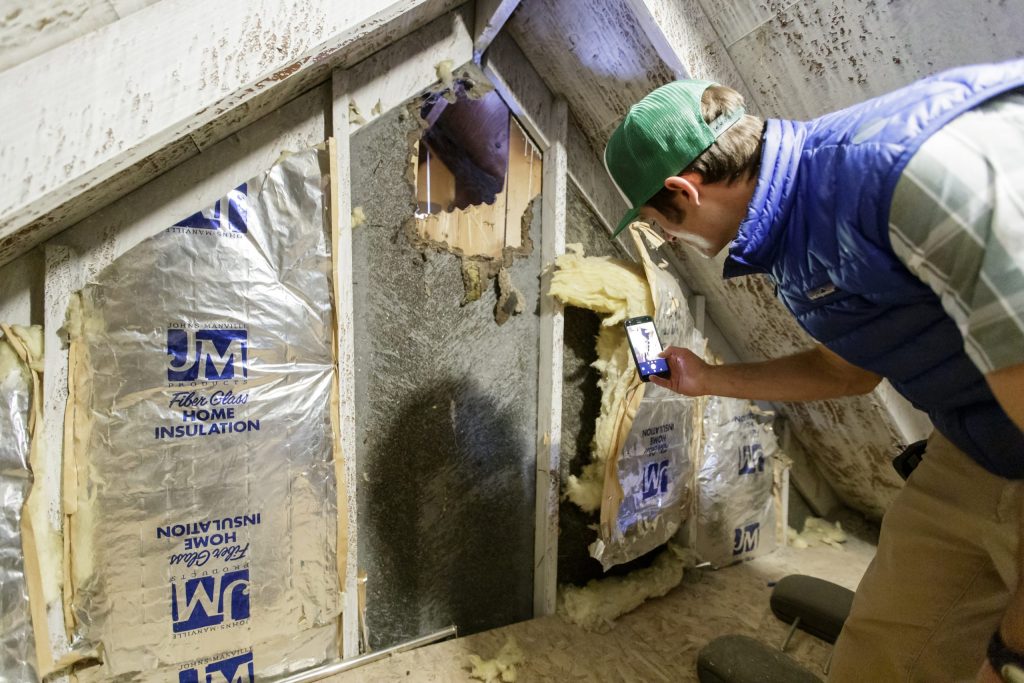
Dear Eartha, I know that to fight climate change, we all need to use less gas and less energy. But do I have to give up my creature comforts? How can I find some balance?
This is an important question to consider in the wake of yet more discouraging news from the Intergovernmental Panel on Climate Change — the global cadre of experts who research climate change on behalf of the United Nations. In April, the panel released a major report focused on how to reduce emissions. The good news is that the global community has the tools we need to halve emissions by 2030, thereby staying on track to meet globally agreed-upon carbon reduction goals.
The bad news is that we’re not doing it. To meet those goals, countries need to reduce carbon pollution by 43% by 2030 and stop emitting carbon altogether by 2050. Sadly, current national commitments will only reduce emissions by a few percent this decade.
What would it take to achieve — or at least come close to — our climate goals? Widespread decarbonization across the transportation and energy sectors. Think electric grids powered wholly by renewable energy and a transportation system fueled by that clean electricity. This brings me back to the question at hand. How do we balance our planet’s urgent needs with the creature comforts we’re accustomed to?
75 gigajoules for happiness
Although the transportation and energy sectors must transform, no one is suggesting that we forgo electricity or travel. Because as it turns out, access to safe and reliable energy systems is pretty important for the quality of life. Consider our kitchens — cooking and gathering spaces that many Americans link to family, community, and nutrition. These are safe places for most of us, yet nearly 3 billion people worldwide cook on stoves that cause indoor air pollution so bad it’s been linked to millions of premature deaths each year. And nearly 1 billion people live without any electricity at all.
Recently, researchers examined the relationship between energy use and things like happiness, food supply, life expectancy, and infant mortality. Perhaps unsurprisingly, they found that quality of life increased as energy use did. But what’s interesting is that after a certain point, this relationship plateaued, meaning that greater energy use did not mean greater happiness.
The magic energy number? Seventy-five gigajoules per year. Gigajoules are a scientist’s way of measuring energy, but you don’t need to be an energy nerd to understand that Americans’ average annual energy use — 284 gigajoules per person — is a lot more than the magic number of 75. For some context, 1 gigajoule is equal to the amount of energy contained in 8 gallons of gas. When you do the math, it turns out that most people use the equivalent of just 632 gallons of gas each year. Us? We top 2,000.
What’s this mean? Although Americans use far more energy per capita, we’re not necessarily happier. In fact, we could use less and not suffer for it.
When less is more
How might you use less energy? Invest in making your home as energy-efficient as possible. A great way to get started is by signing up for a home energy assessment, which will identify areas for improvement. Install a smart thermostat that you can program to dial back a few degrees at night to save energy. Switch your gas appliances to electric ones. If you can afford to, install solar panels or subscribe to a community solar garden. Consider an electric vehicle for your next car. And, check out the incentives from the High Country Conservation Center which helps to pay for projects like these.

We don’t have to view reducing consumption as a burden or sacrifice. Consider how much we’d gain if we all consumed a little less — whether that’s energy or travel or stuff or meat.
If we stopped using gas and began powering vehicles with clean electricity, we’d gain better air quality and quieter streets. If we drove less, there’d be less congestion on the roads, and we might be less stressed as a result. Using less energy, we’d save money on our bills. If we ate less meat, there’d be more water flowing into our rivers. And frankly, this all sounds pretty quality to me.
